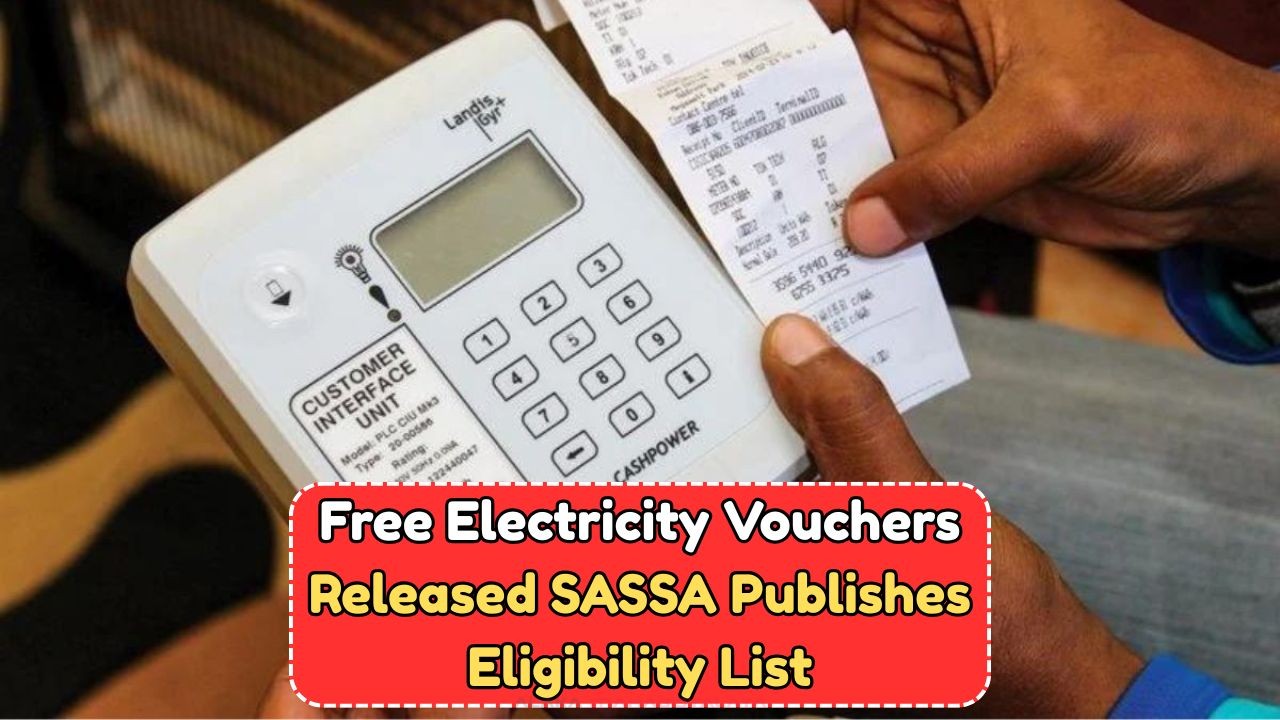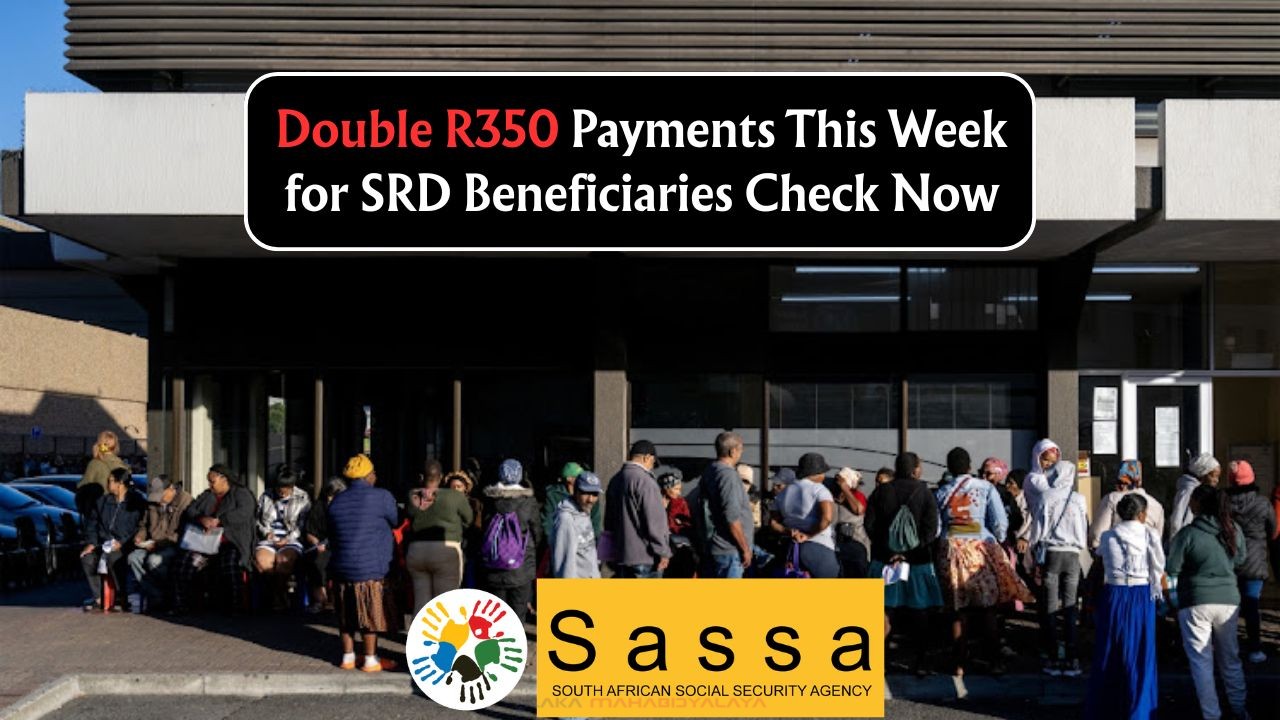June 2025 Fuel Shock: In an unprecedented announcement, the South African government confirmed that petrol and diesel prices have reached record highs this June. The increase has resulted in widespread concern among citizens, businesses, and transport sectors across the nation. Many are now questioning the factors that have led to this steep rise in fuel costs and what it means for the economy’s immediate future.
Understanding the Fuel Price Surge
The sudden surge in fuel prices in June 2025 can be attributed to a combination of international oil market volatility, local currency depreciation, and increased demand. South Africa, heavily reliant on imported oil, finds itself vulnerable to global market shifts. The weakening of the rand against major currencies has further exacerbated the situation, leading to higher import costs.
Factors Contributing to the Increase:
- Global oil supply disruptions
- Fluctuations in the rand’s value
- Increased demand post-COVID recovery
- Geopolitical tensions affecting oil supply
- Regulatory changes impacting fuel levies
- Seasonal demand variations
These elements have combined to create a perfect storm, pushing petrol and diesel prices to levels unseen in recent history. The government is under pressure to mitigate the impact on consumers while balancing fiscal responsibilities.
Impact on South African Households
The record-high fuel prices are expected to have a cascading effect on various sectors, particularly impacting household budgets. Transportation costs will undoubtedly rise, influencing the prices of goods and services across the board. Many families are already strategizing on how to cope with these new financial challenges.
Household adjustments may include:
| Adjustment Strategy | Potential Savings | Implementation Ease | Impact on Lifestyle | Long-term Viability |
|---|---|---|---|---|
| Carpooling | Moderate | Easy | Low | High |
| Public transport | High | Moderate | Moderate | High |
| Reduced travel | High | Difficult | High | Moderate |
| Telecommuting | High | Moderate | Low | High |
| Energy-efficient vehicles | High | Challenging | Low | High |
| Bicycle commuting | Moderate | Easy | High | Moderate |
| Fuel-efficient driving | Moderate | Easy | Low | High |
| Home energy savings | Moderate | Easy | Low | High |
Fuel Price Impact on Industries
Industries across South Africa are bracing for the ripple effects of increased fuel prices. Manufacturing, logistics, and agriculture sectors are likely to experience cost escalations that may impact production and distribution processes.
Industries Most Affected
- Transportation and logistics
- Agriculture
- Manufacturing
- Retail sector
- Tourism and travel
These industries are expected to adjust their pricing strategies, potentially leading to increased costs for consumers. The government’s role in providing relief measures and incentives could be pivotal in cushioning these impacts.
Government Measures and Strategies
In response to the fuel price crisis, the South African government is exploring a range of strategies to alleviate the burden on its citizens. Possible measures include temporary tax relief on fuel, subsidies for public transport, and initiatives to promote energy efficiency.
Government interventions under consideration:
- Temporary fuel levy reductions
- Increased investment in renewable energy
- Subsidies for public transport
- Incentives for electric vehicle adoption
- Promotion of local oil production
Consumer Tips for Managing Costs
While the government works on broader solutions, individuals can take proactive steps to manage their fuel expenses. Adopting fuel-efficient driving habits and exploring alternative transportation options can yield significant savings.
- Plan trips efficiently
- Maintain vehicle for optimal performance
- Use carpooling apps
- Explore flexible working arrangements
- Consider fuel rewards programs
- Use bicycles for short distances
Tracking Future Fuel Trends
Staying informed about global oil market trends and understanding the factors influencing fuel prices can help consumers anticipate future changes. The South African government’s commitment to transparency will be crucial in guiding public expectations.
| Factor | Impact on Prices | Current Trend | Forecast | Government Response |
|---|---|---|---|---|
| International oil prices | High | Rising | Stable | Monitoring |
| Rand Exchange Rate | Moderate | Volatile | Improvement | Currency stabilization |
| Local production | Low | Stable | Increase | Investment in resources |
| Government policies | Moderate | Adaptive | Supportive | Policy reviews |
| Consumer demand | Moderate | Increasing | Moderate | Demand management |
| Renewable energy adoption | Moderate | Growing | Rapid | Incentive programs |
Staying Informed
Key Resources:
South African Department of Energywww.energy.gov.za
Automobile Association of South Africawww.aa.co.za
National Treasury
South African Reserve Bank
FAQ Section
What caused the June 2025 fuel price increase?
Global market factors and a weaker rand
How will this affect public transport costs?
Likely to increase, prompting potential subsidies
Are there any government relief measures?
Discussion on temporary fuel levy reductions
Can switching to electric vehicles help?
Yes, with government incentives available
How can consumers save on fuel costs?
Adopt fuel-efficient practices and carpool
Departmental Contact Details
South African Department of Energy
Email: [email protected]
Automobile Association of South Africa
Email: [email protected]
National Treasury
Email: [email protected]
South African Reserve Bank
Email: [email protected]
South African Energy Forum
Email: [email protected]






